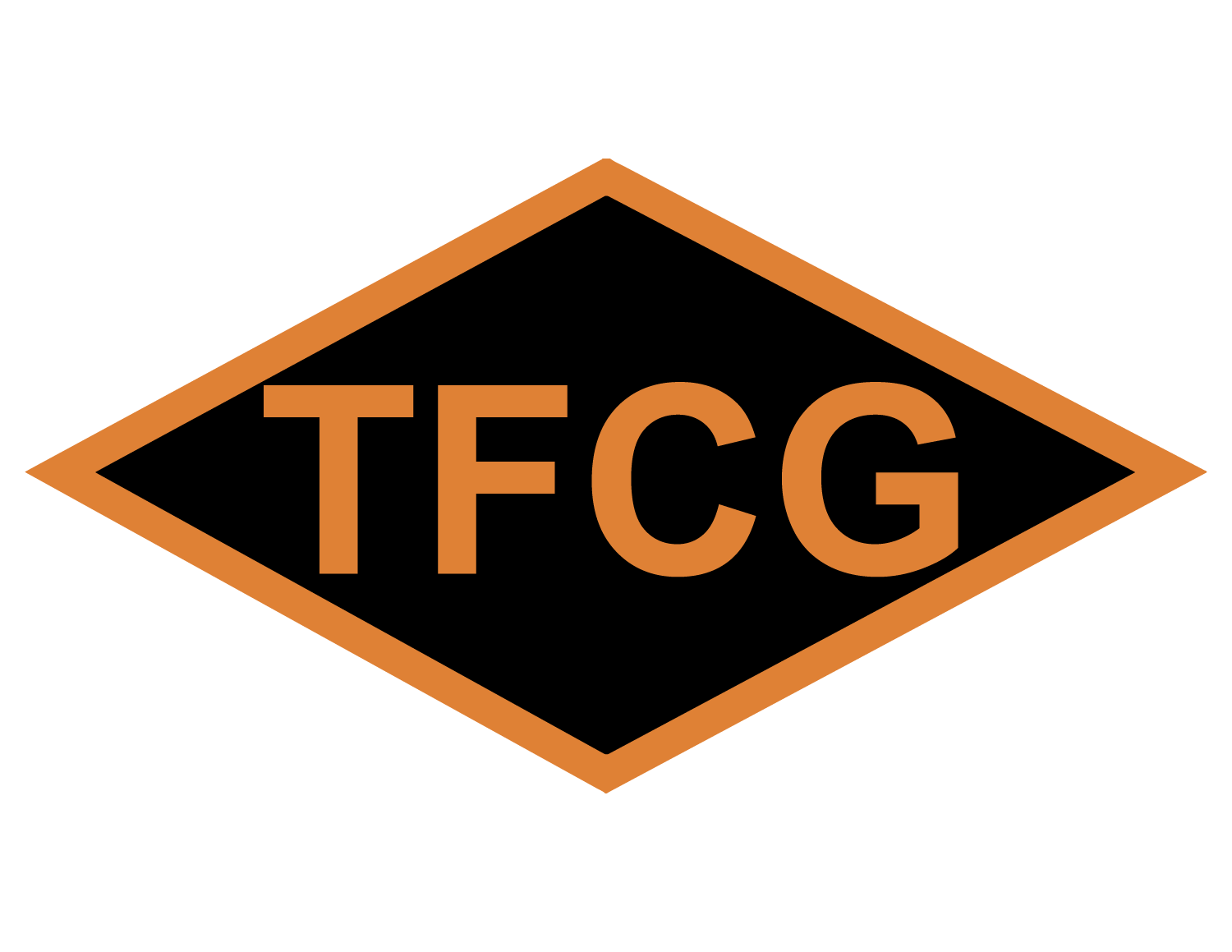Written Decisions (#39)
Winston Churchill lived a life of action -- cavalry officer in three colonial wars, Battalion Commander on the Western Front in World War I, author of 40 books, Nobel Prize winner, painter, journalist, pilot, farmer, and a Member of Parliament. He served his nation in eight different positions in the British government: Colonial Under-Secretary and Secretary, President of the Board of Trade, Home Secretary, First Lord of the Admiralty twice, Minister of Munitions, Chancellor of the Exchequer, and Prime Minister twice. More importantly for the modern executive, he was a leader—of small military units as an officer, of his party in Parliament, of his departments in the executive branch of the British government, and of his country as Prime Minister.
There have been thousands of books written on Winston Churchill. He was not without his flaws and controversies, however — he had poor qualities and is on the wrong side of history on a variety of critical decisions. For people who want to learn more about him, William Manchester’s trilogy The Last Lion, Martin Gilbert’s Churchill: A Life, and Steven Hayward’s Churchill on Leadership are all excellent places to start.
Churchill Statue
One leadership story about him that resonated with me, was that after he took over as Prime Minister, Churchill sent out a memo to his Cabinet that said “Let it be clearly understood that all directions emanating from me are made in writing, or should be immediately confirmed in writing.” He had seen the challenges, first hand, of a Cabinet trying to interpret a Prime Minister’s oral directions during World War I and did not want it repeated in his government. Churchill knew that writing down his guidance forced him to refine and hone his ideas, reduced selective interpretation by his subordinates, and diminished confusion in the government. Churchill issued written guidance as Prime Minister for the rest of the war, helping to decrease misunderstanding in the Cabinet and amongst the Generals.
The US Army also works diligently to capture decisions in writing. All plans, or OPORDs (see post #30 — https://www.thefivecoatconsultinggroup.com/the-coronavirus-crisis/the-opord ) in addition to being given orally, were also handed out in writing. The Army recognizes that when people are tired or under stress it is useful to have a written copy of the plan to refer to since it decreases confusion, lessens selective interpretation by direct reports, and helps the unit writing the OPORD organize its concepts.
The coronavirus crisis may be the perfect catalyst to start capturing your company’s decisions in writing. If you are a small or medium sized business, are you capturing your important decisions in writing? Do you do follow-up emails after a meeting or decision? Who is taking notes at the meeting? Who is publishing the notes after the meeting?
As you continue to work the problem, written decisions can help decrease confusion and increase alignment in your team.
Want more Churchill? TFCG offers a Churchill Leadership Experience at the War Rooms in London. Click the button for more information:

